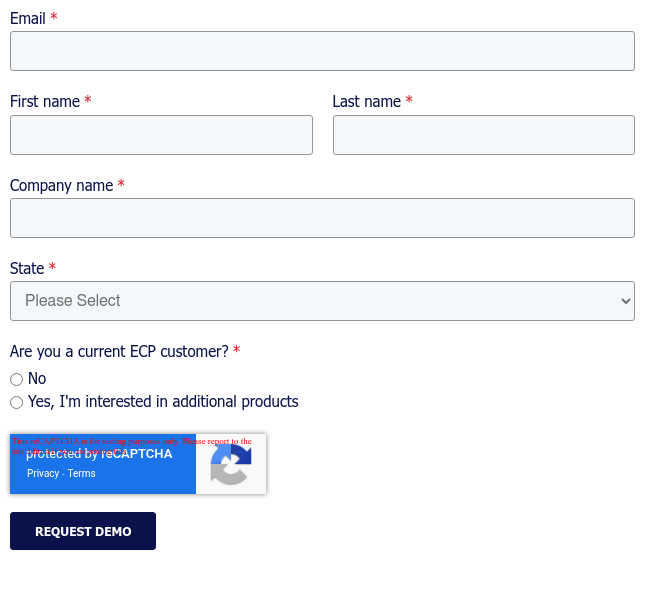How Utah’s R432-270-12 Regulation Supports Quality Care in Assisted Living
Utah, like many other states, has established regulations to ensure that residents receive the appropriate level of care tailored to their individual needs. One such regulation, R432-270-12, provides the Assisted Living Facility Type I & II Resident Assessment. Let's explore the significance and details of Utah Regulation R432-270-12 in the context of senior care.
The Importance of Resident Assessment:
At the heart of Utah Regulation R432-270-12 lies the recognition that the quality of care provided to residents in assisted living facilities hinges on a thorough and accurate assessment of their needs. This regulation emphasizes the following key aspects:
- Initial and Ongoing Assessments: To kickstart the journey of personalized care, the regulation mandates a signed and dated resident assessment before admission and subsequent assessments at least every six months. This requirement ensures that the care provided remains relevant to the evolving needs of each resident.
- Involvement of Licensed Health Care Professionals: One of the notable aspects of this regulation is that both the initial assessment and the six-month assessments must be conducted and signed by licensed health care professionals. This brings expertise and credibility to the assessment process, ensuring that residents' health and well-being are evaluated by qualified individuals.
- Reflecting the Resident's Status: To deliver effective care, resident assessments must accurately reflect the resident's condition at the time of assessment. This requirement is fundamental to ensuring that the care plan aligns with the resident's real needs, ultimately promoting their health and comfort.
- Admission and Assistance Criteria: Beyond assessing a resident's current condition, the resident assessment serves another crucial purpose. It helps determine whether the resident meets the admission criteria and the required level of assistance for the facility. This safeguards residents from being placed in facilities that cannot adequately cater to their specific needs.
- Standardized Assessment Forms: To maintain consistency and regulatory compliance, facilities are required to employ resident assessment forms that have been approved and reviewed by the Department. This standardization ensures that all necessary information is gathered consistently and comprehensively.
- Adaptation to Changing Conditions: The resident assessment process is not static. Regulation R432-270-12 acknowledges that residents' conditions can change significantly over time. Therefore, it requires that assessments be revised and updated when there is a significant change in the resident's cognitive, medical, physical, or social condition. This responsiveness ensures that the care plan remains aligned with the resident's evolving needs.
Utah Regulation R432-270-12 plays a pivotal role in ensuring the quality of care provided to seniors in assisted living facilities. By setting clear guidelines for resident assessments, involving licensed health care professionals, and adapting to changing conditions, this regulation promotes individualized care that enhances the well-being and quality of life of residents. Ultimately, it underscores the state's commitment to upholding high standards of care and safeguarding the dignity and comfort of its senior population.
If you are interested in learning how ECP is helping assisted living facilities in Utah stay compliant, reach out to sales@ecp123.com or request a demo below.
Note - The information provided on this website does not, and is not intended to, constitute legal advice; instead, all information, content, and materials available on this site are for general informational purposes only. ECP makes no warranties as to the accuracy of this content and does not commit to updating it as regulations change. Readers of this website should contact their attorney to obtain advice with respect to any particular legal or compliance matter.


